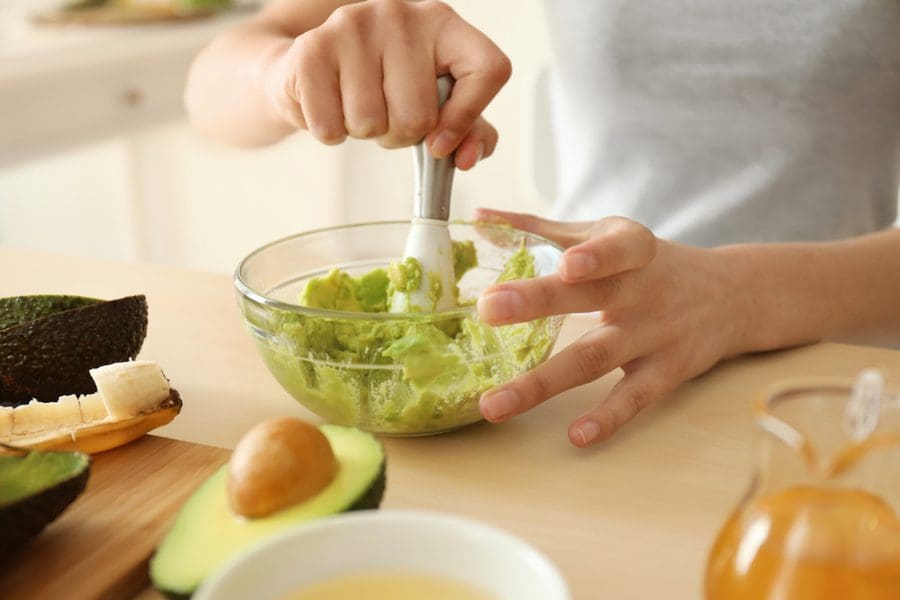DIY skin care has been a trend for a long time. Taking food from your fridge and mashing it up into a face mask, or using toothpaste as an acne spot treatment seems harmless, right? Why not try it? Well, these seemingly harmless tips and tricks might save you money and help you ease skin woes. However, this doesn’t mean they actually work. Here’s what you need to know about home skin care remedies.
DIY skincare remedies don’t last long
Another biggie is that at-home remedies for your skin may sound fresh, but they won’t last. When you make an at-home cleanser or moisturizer, it might be with simple ingredients that you are familiar with, but at most, that DIY skin care project will only last a few days or a week max.
Sometimes, you’ll need to refrigerate that au naturale product right away or have to toss it immediately. Let’s be honest, we all know what happens when we put an old jar in the fridge. It ends up being pushed to the back, long-forgotten. We don’t know about you, but putting that moldy banana face mask on doesn’t sound so rejuvenating!
One of the things that makes store-bought skin care worth the money is its shelf life. Many skin care products come in air-tight containers with ingredients that prevent them from spoiling.
Your home isn’t a beauty studio
No offense to anyone who keeps their house squeaky clean, but most DIY skin care tends to be mixed in an unsterile environment, like your kitchen or bathroom. This exposes your new creation to contaminants in the air, increasing the risk of bacteria being spread onto your skin.
Not to mention, you make most products in a jar, which means that, each time you open it, the ingredients inside are exposed to the air and your hands, causing more harm. Unless you have the time to make small batches often, DIY skin care remedies could be more work than they’re worth.
Fragrance
It’s no secret that many fragrances on the market have that ever-appealing word “natural” written across the box.
While those calming lavender essential oils may be nice in a room diffuser or soy candle, in skincare, it can actually be sensitizing. If you have sensitive skin, it can cause acne, rashes, or flaky, dry skin. We think that sounds like the opposite of calming!
Allergies
When it comes to allergies, you don’t have to be allergic to everything under the sun to be on the cautious side. If you’re allergic to peanut butter, for example, you probably don’t have any plans for smudging peanut butter across your face and calling it a day.
Peanut butter, however, isn’t the only known allergen that could be sitting in your pantry. Remember that allergens can also be other natural ingredients that are commonly found in DIY skin care, like honey, milk, or even lemon juice. These ingredients can wreak havoc on your skin if you aren’t careful.
Still hoping to DIY it? Here’s what you need to know.
If you’re still inclined to follow that tempting Pinterest skin care remedy you read about online, proceed with caution. You should always do a patch test 24 hours inside your elbow before applying anything to your face to ensure you don’t have a reaction.
Also, be aware that natural products with ingredients you can find in your kitchen may not be as effective as something formulated by scientists and dermatologists. Although it might seem like you’re saving money, you could be waiting a lot longer to see any results, if you see any at all.
With natural products trending in the skin care world, natural home remedies for skin care can seem really fun and crafty. Just remember that they aren’t always the best choice for your skin. If you are curious, we recommend sticking to simple, tried-and-true recipes that are for one-time use only.
A few great options include face masks that are rinsed off after a few minutes or light body scrubs that are only on the skin temporarily. These will be less risky for you in the long run and aren’t as likely to go bad or cause long-term problems for you.







